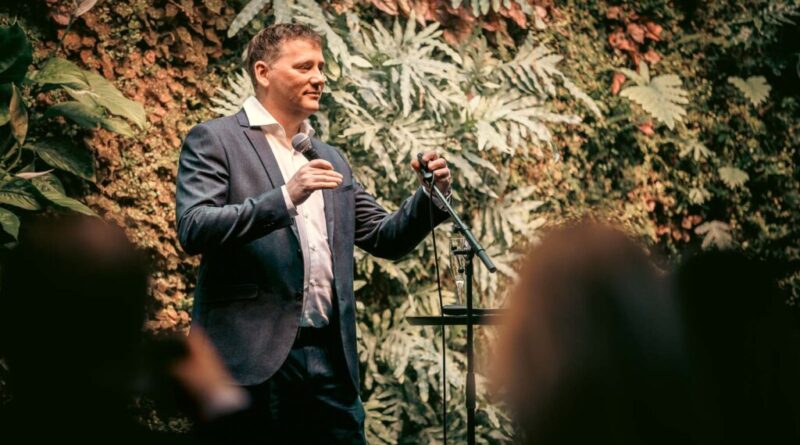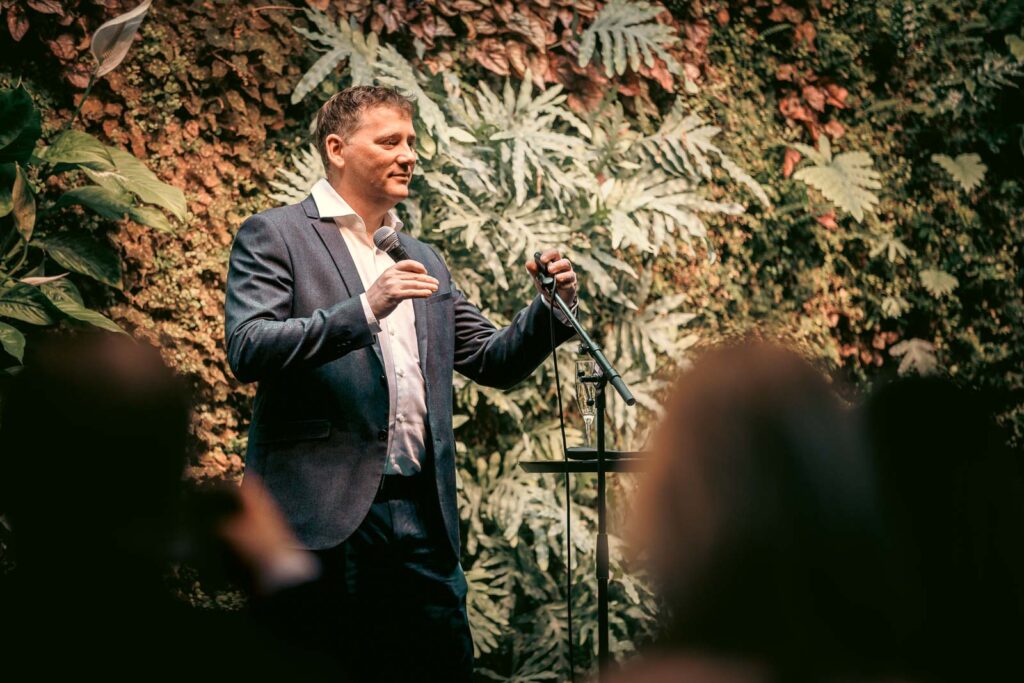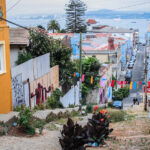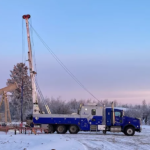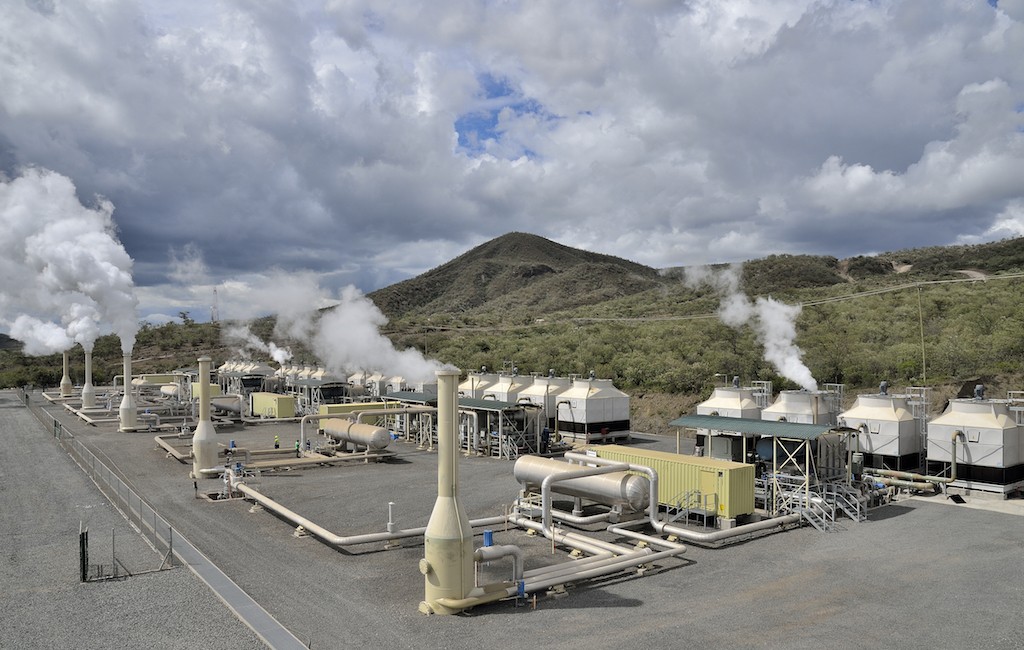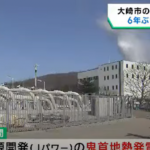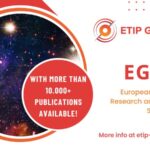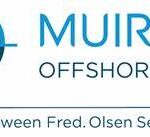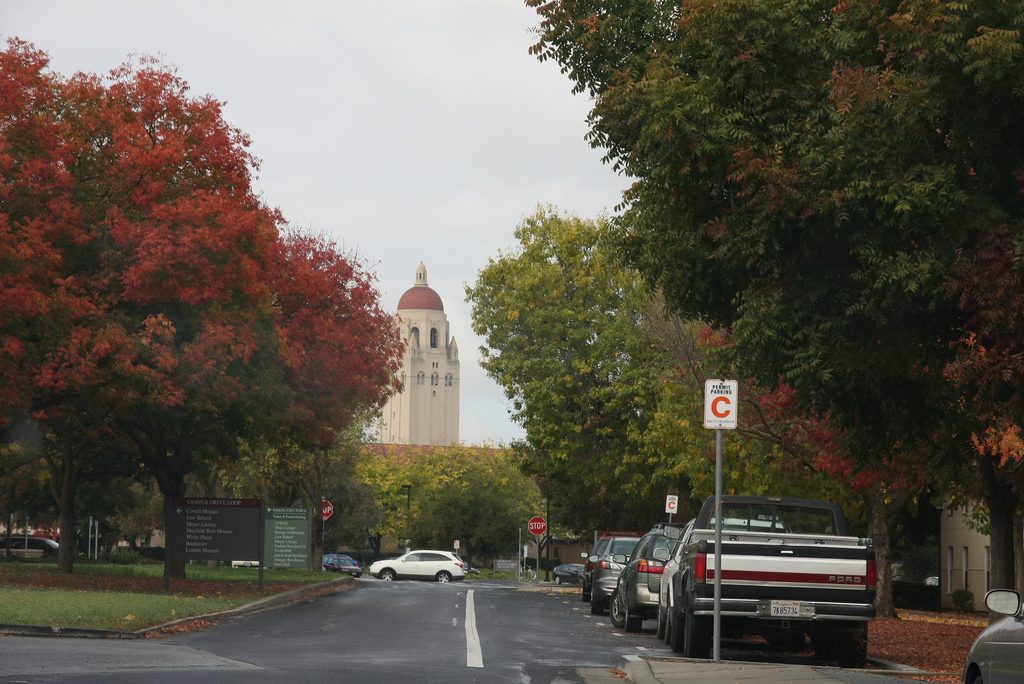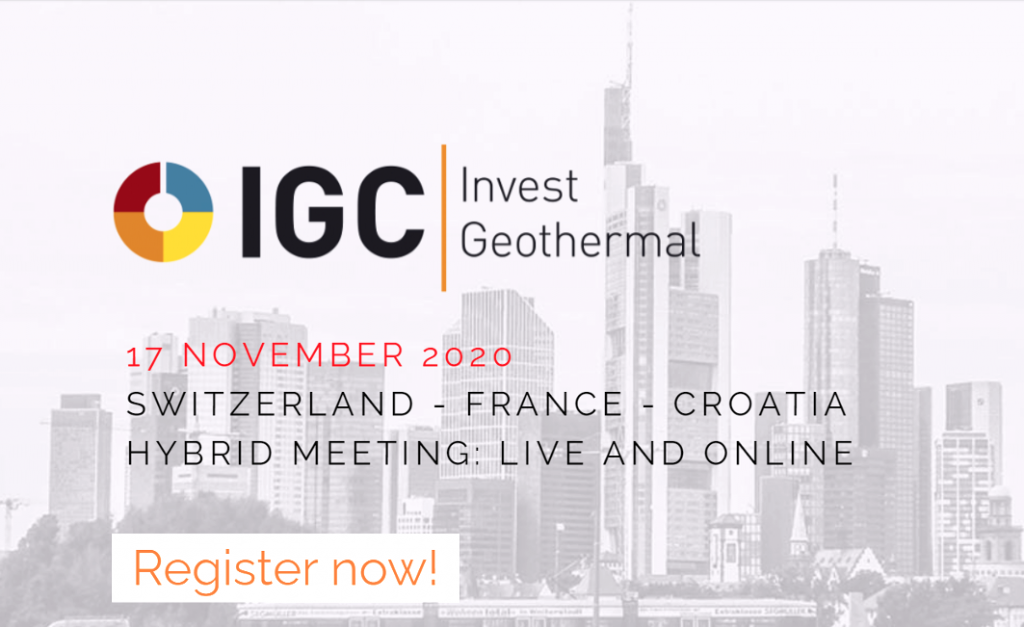GEORG celebrates 15 years of supporting geothermal research and collaboration
Energy Disrupter
The GEORG – Geothermal Research Cluster celebrated 15 years of supporting geothermal research and fostering collaborations, both in Iceland and internationally.
The Iceland-based international geothermal research group GEORG recently celebrated its 15-year anniversary, highlighting the role it has played in leading geothermal research initiatives and supporting researchers, both in Iceland and internationally.
The GEORG Gleði event marked the celebration of the 15-year milestone, where representatives of the company’s different partners and sponsors gathered in Gróska and reviewed the success of the partnership and looked to the future.
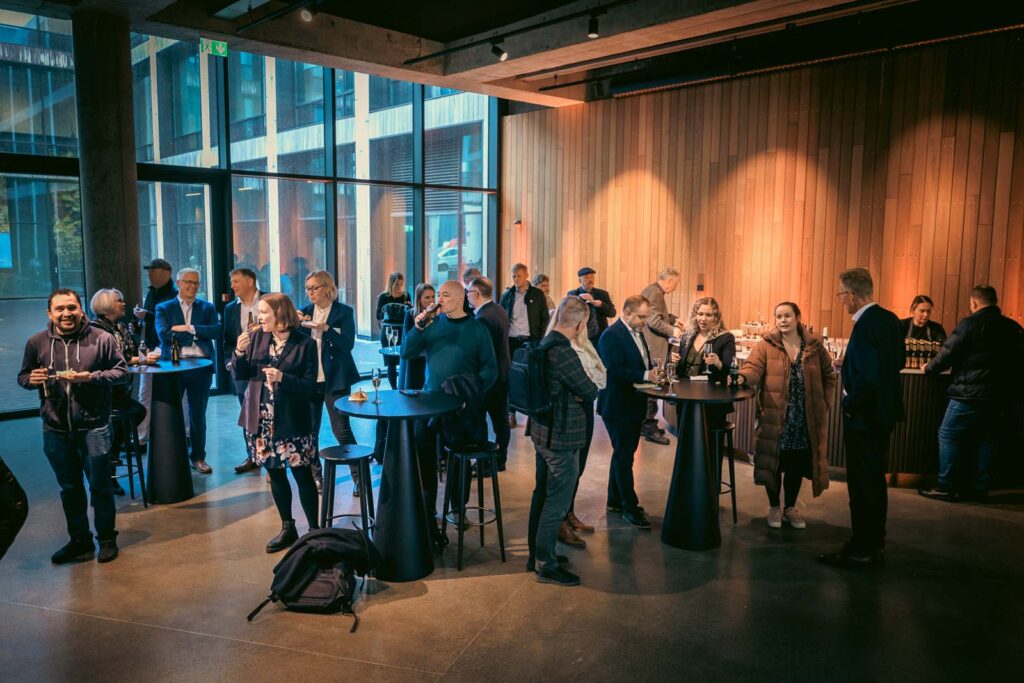
GEORG is a non-profit organization whose aim is to promote research and the sustainable use of geothermal energy both in Iceland and elsewhere in the world. A total of 23 parties comprise the membership of GEORG, including university and research institutions, energy companies, engineering and consulting companies and innovative companies in Iceland and abroad.
Bridging the gap between geothermal research and industry
The organization was funded on a grant from the Science and Technology Council’s Target Program. in 2009, amounting to 70 million ISK for seven years or 490 million ISK in total. At the time, it was the largest grant every given to an Icelandic project by the program. Since then, the office GEORG has facilitated more than 1.3 billion ISK in funding for the projects that it has hosted, with a total project cost of over 65 billion.
“The biggest projects among them are GEOTHERMICA , DeepEGS , GECO and now KMT,” said Hjalti Páll Ingólfsson, CEO of GEORG.
GEORG has also supported students in research at all levels of higher education, so far awarding grants to four post-doctoral fellows, 35 PhD students, 38 MS students, and two BS students. The platform has created numerous opportunities for both students and staff of the University of Iceland, which has led the platform since its inception.
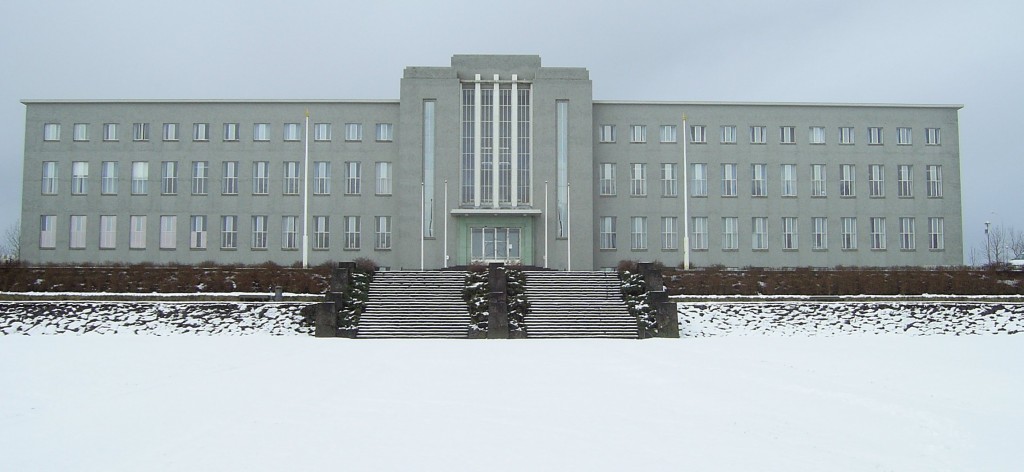
“Many researchers from the University have been involved in GEORG’s projects, many of them in a very interdisciplinary way, where they have tried to connect scientific knowledge and the technical exploitation of geothermal energy in the most efficient way,” said Sigurðar Magnúsar Garðarsson, professor and president of the Faculty of Engineering and Natural Sciences.
“This has been useful to the students as they have gained experience in a wide range of the sector, which has since been useful to them for future jobs in the energy companies and/or in research.”
Drilling into magma
Sine 2017, GEORG has managed and supported the Krafla Magma Testbed (KMT) project. As the name implies, the project aims to tap into the shallow magma in the the Krafla area in Þingeyjarsveit to further develop how it can be harnessed for geothermal utilization.
At the end of last year, KMT was officially established as a non-profit organization to create a solid and independent framework for long-term financing and operation.
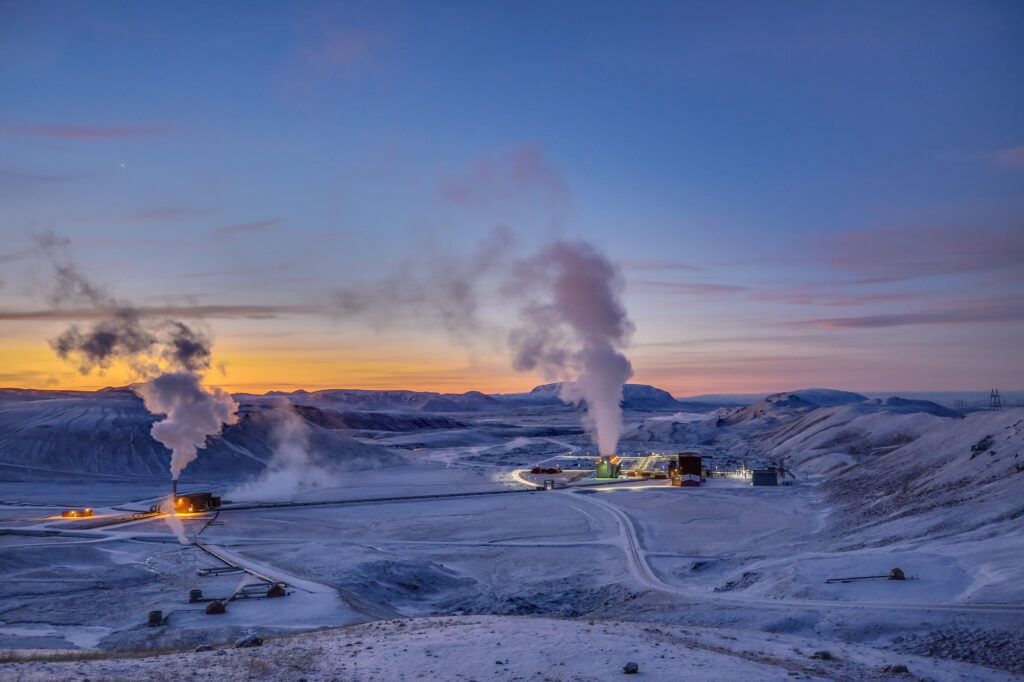
“KMT aims to build an international research center in the field of volcanic and energy research in the Krafla area in the coming years,” says Björn Þór Guðmundsson, managing director of the KMT non-profit organization.
“Two of KMT’s main goals are to dramatically improve volcanic eruption forecasts on a global scale and to design new, more cost-effective methods for geothermal energy production. Those methods would give wider opportunities for geothermal production, not least access to a very powerful part of geothermal areas that has not been accessible until now,” added Björn.
Source: Háskóli Íslands

